
3 minute read
Service and Community
Everyone belongs
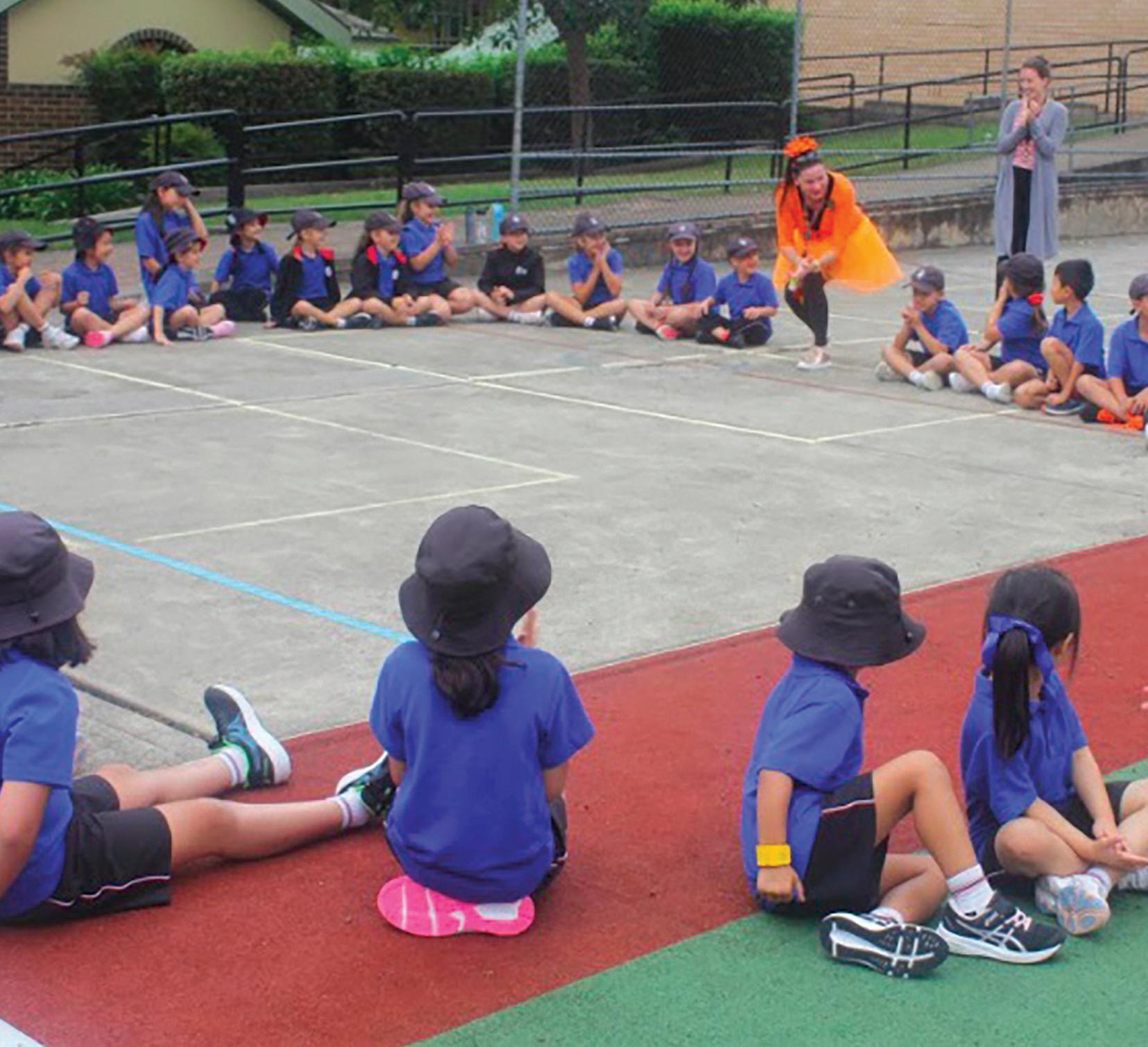
Advertisement
Harmony Week celebrates Australia’s cultural diversity. It is about inclusiveness, respect and a sense of belonging for everyone. Our College celebrated the theme ‘Everyone belongs’ with activities on Tuesday 16 March.
On the Primary Years campus there was fun, laughter and learning as we gathered in House groups with our teachers, and with some of students from the senior campus. We explored new games from other countries and learnt about places we had never visited. The rain stayed away and though the sun did not shine, the day was brightened by all the smiles as everyone joined in the fun.
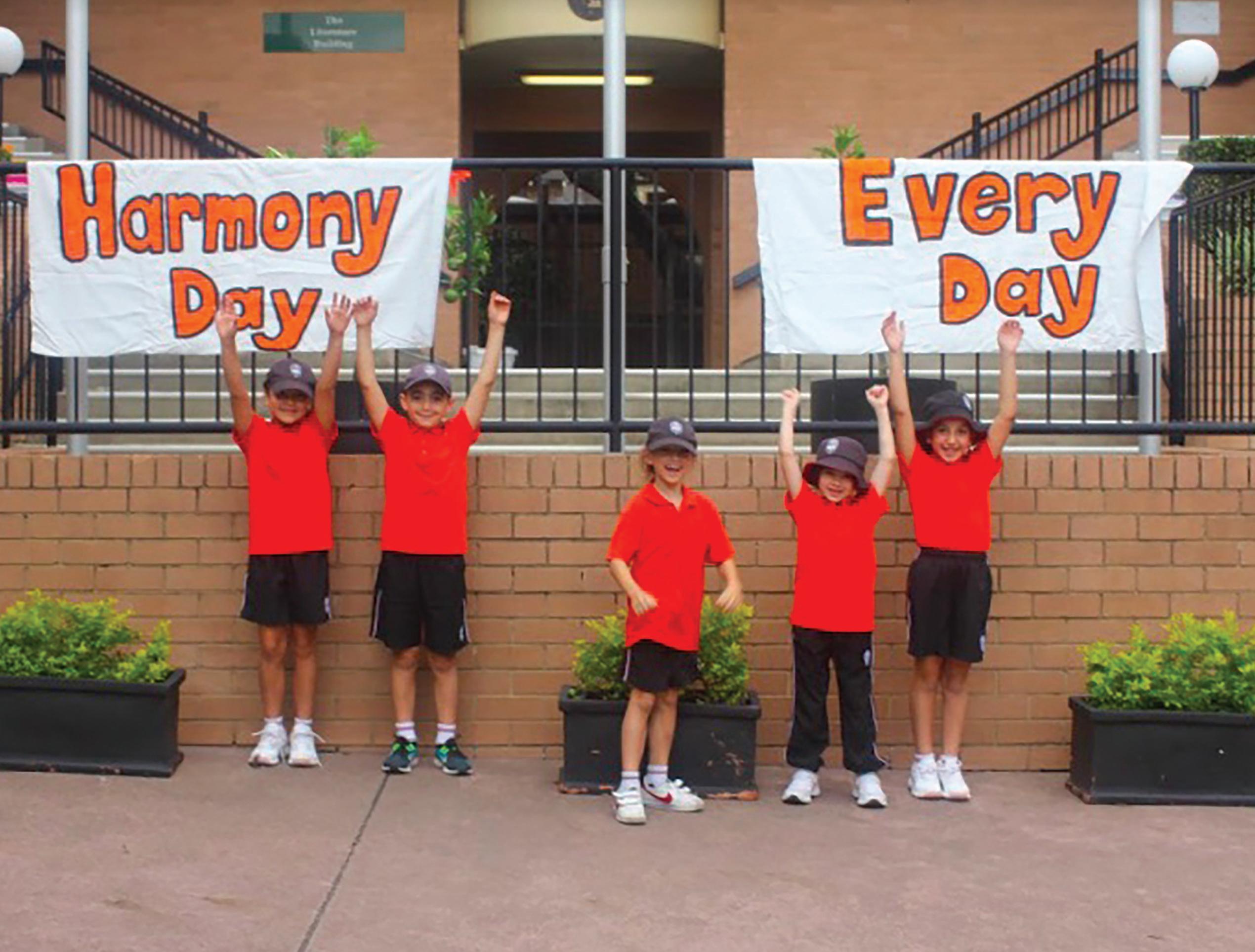
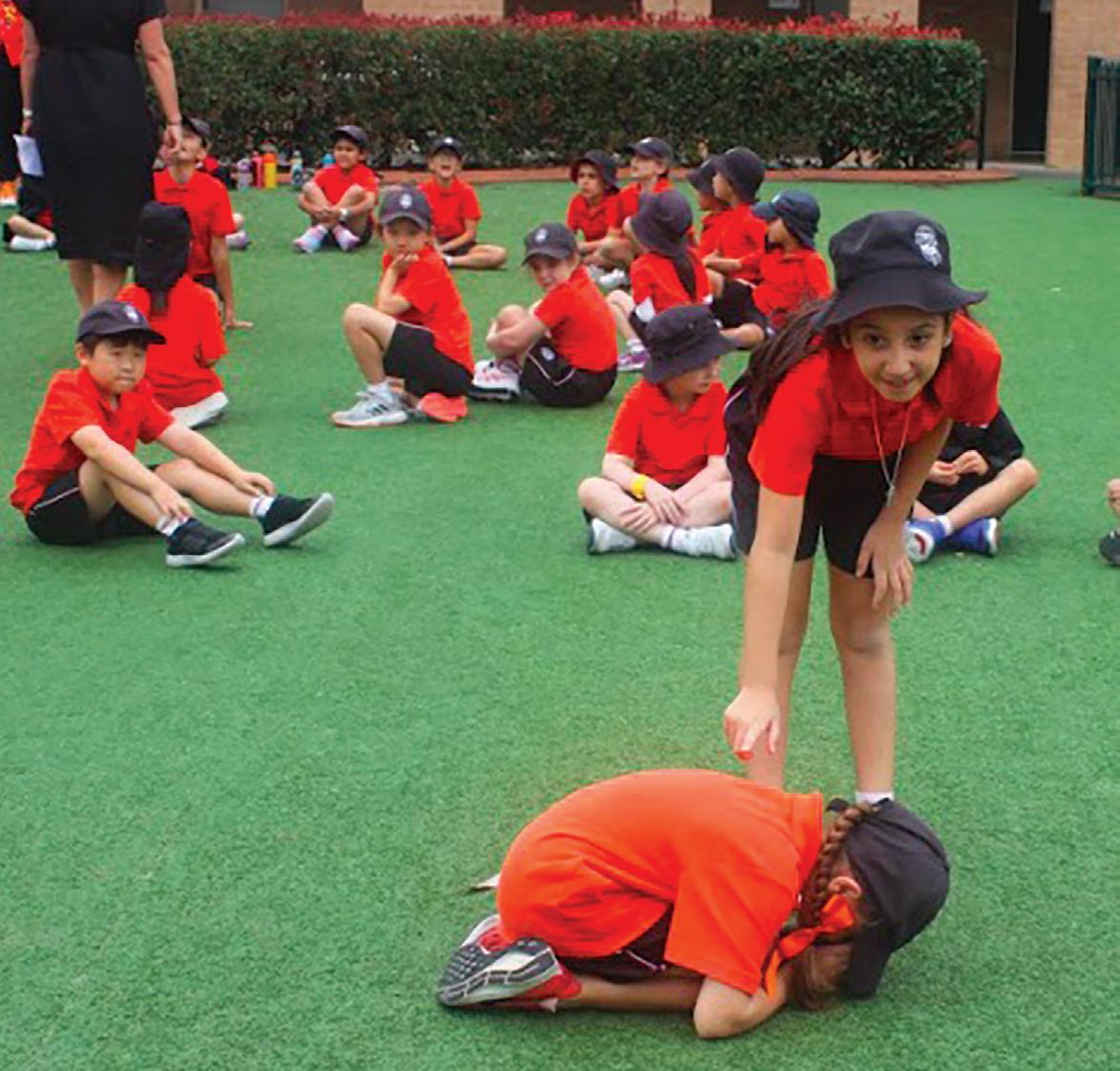
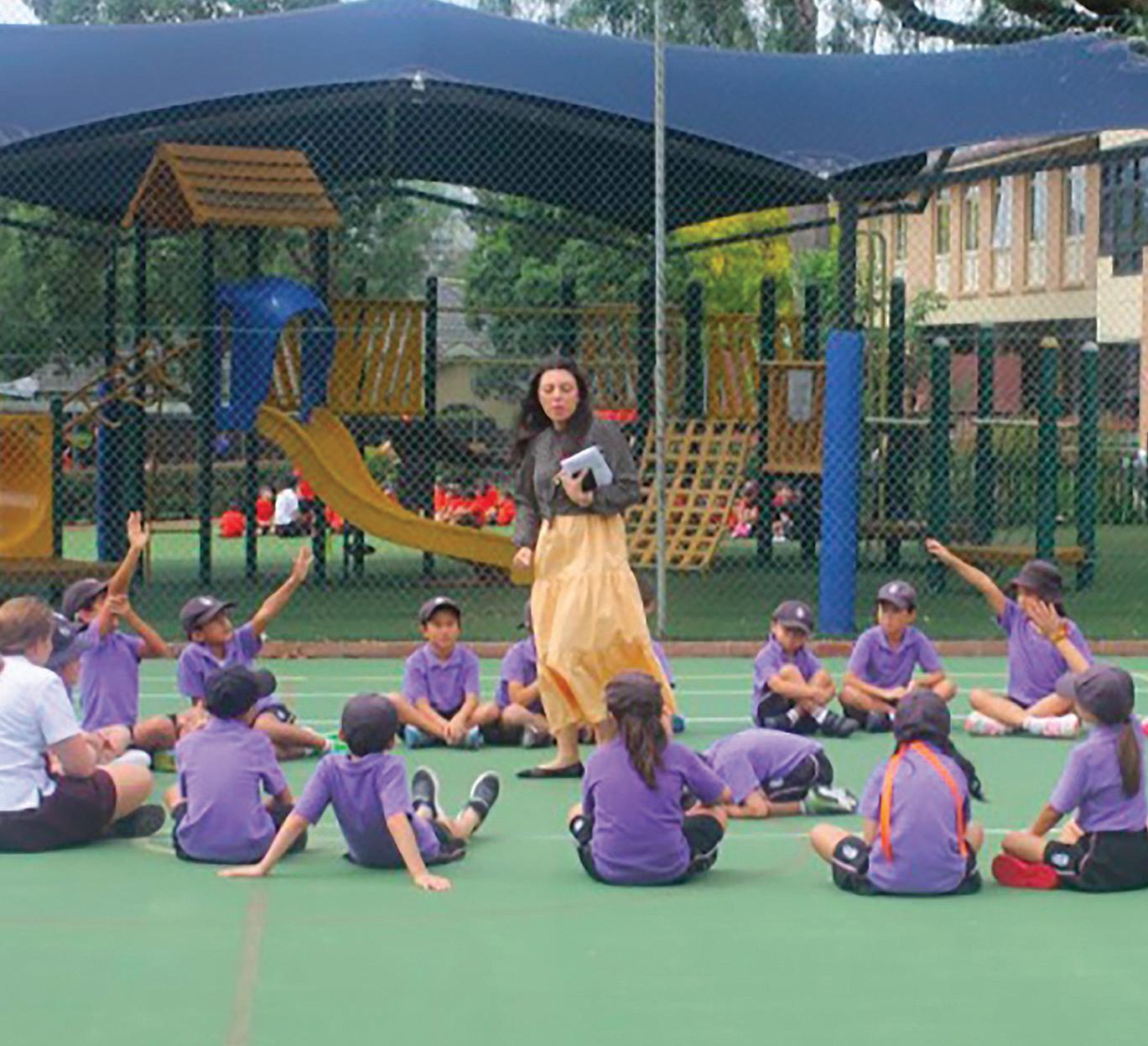
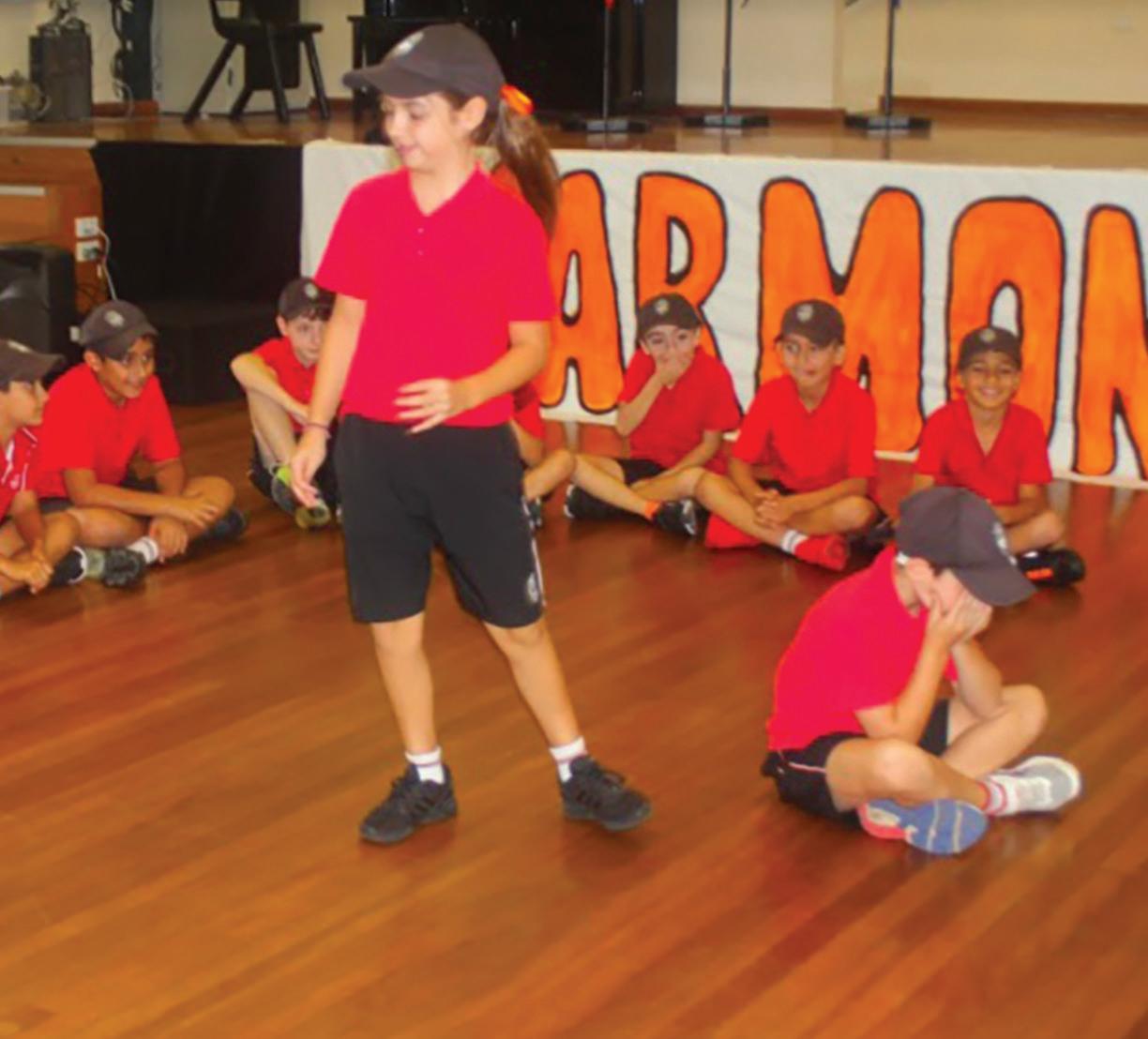
Everyone belonged. Everyone was included. Everyone was respected. We all had fun being together.
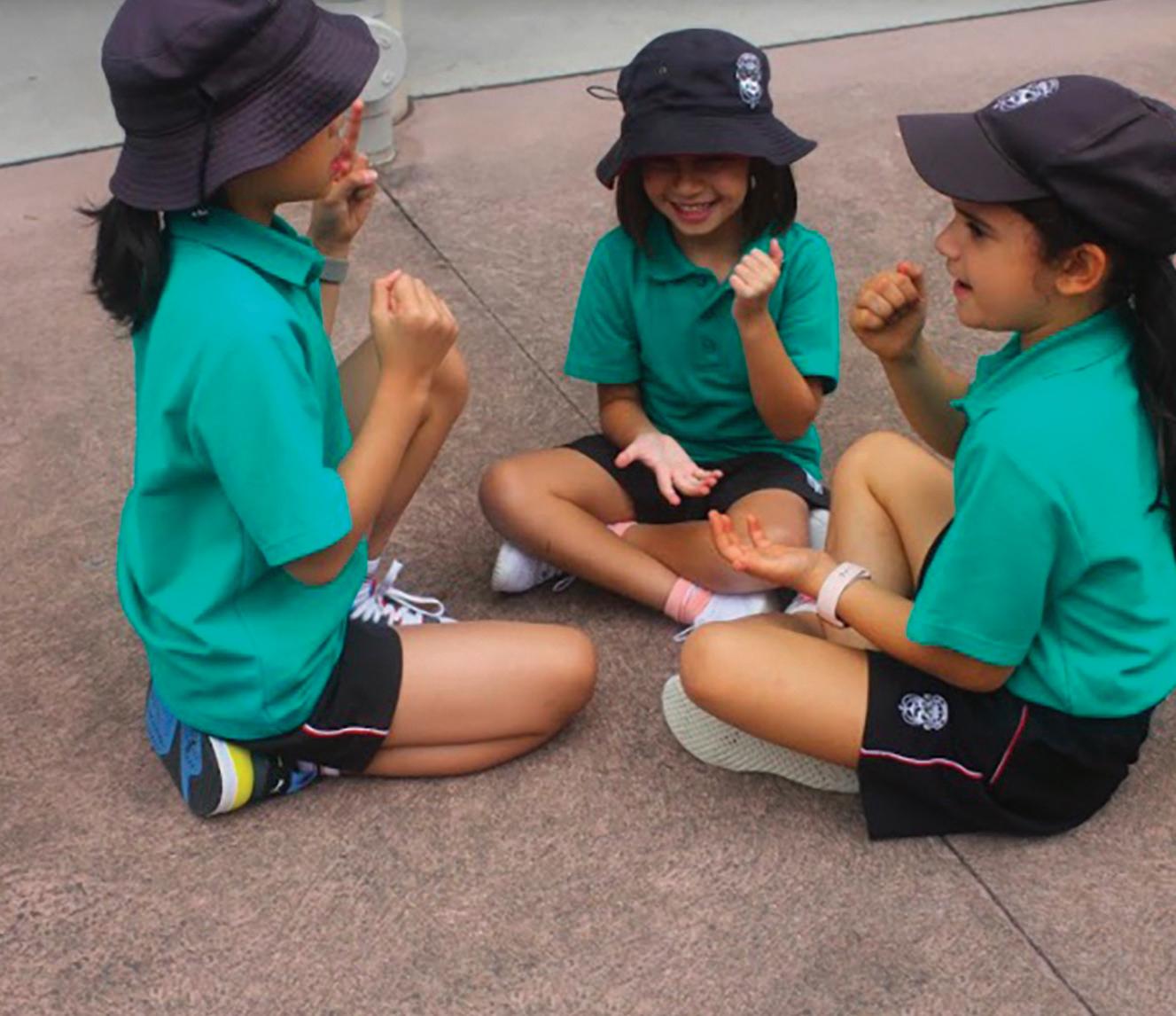
GUNAGULLA
MUNDAWORA
WEELYA KURRAWA
TEANGI
YETINGA
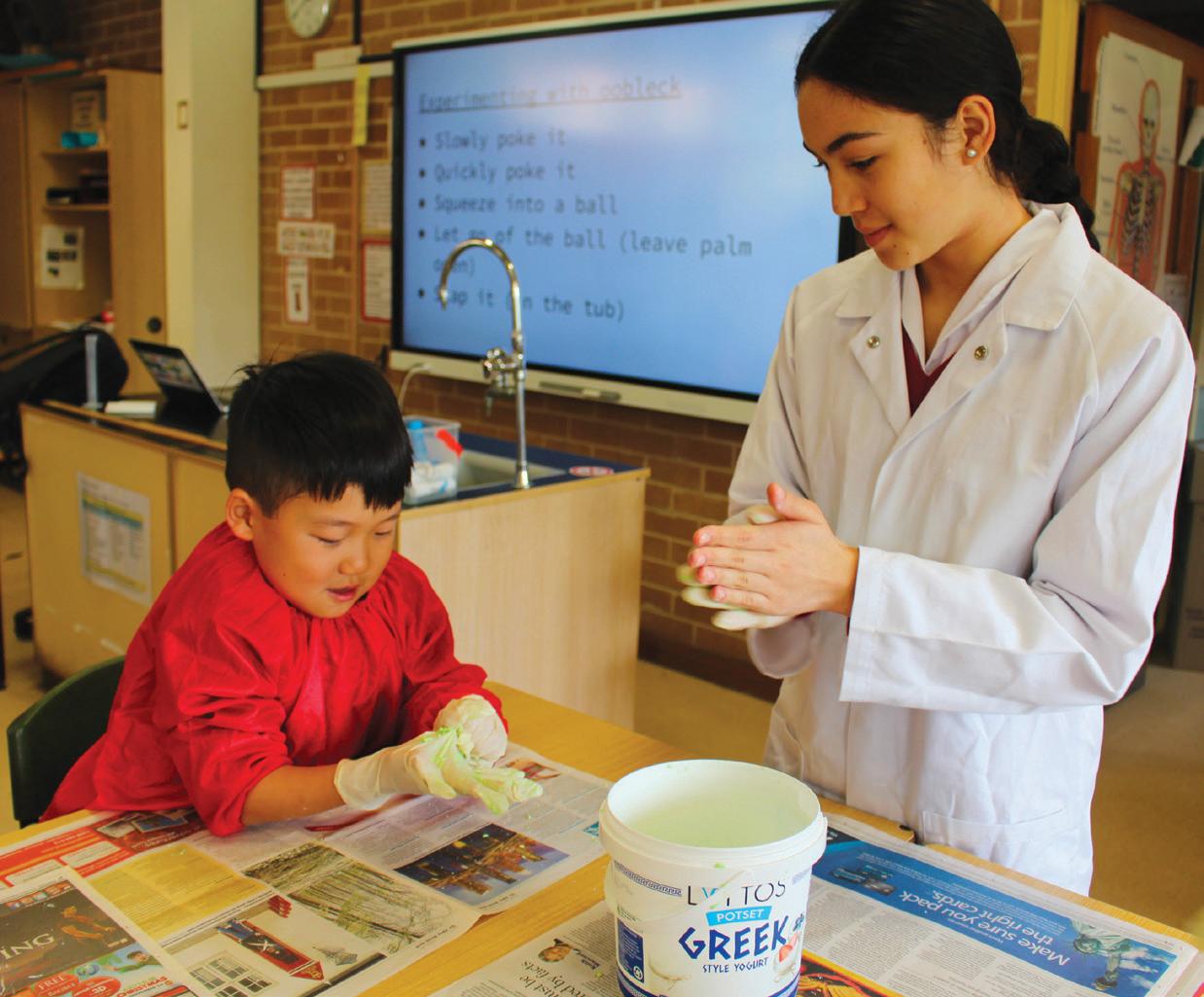
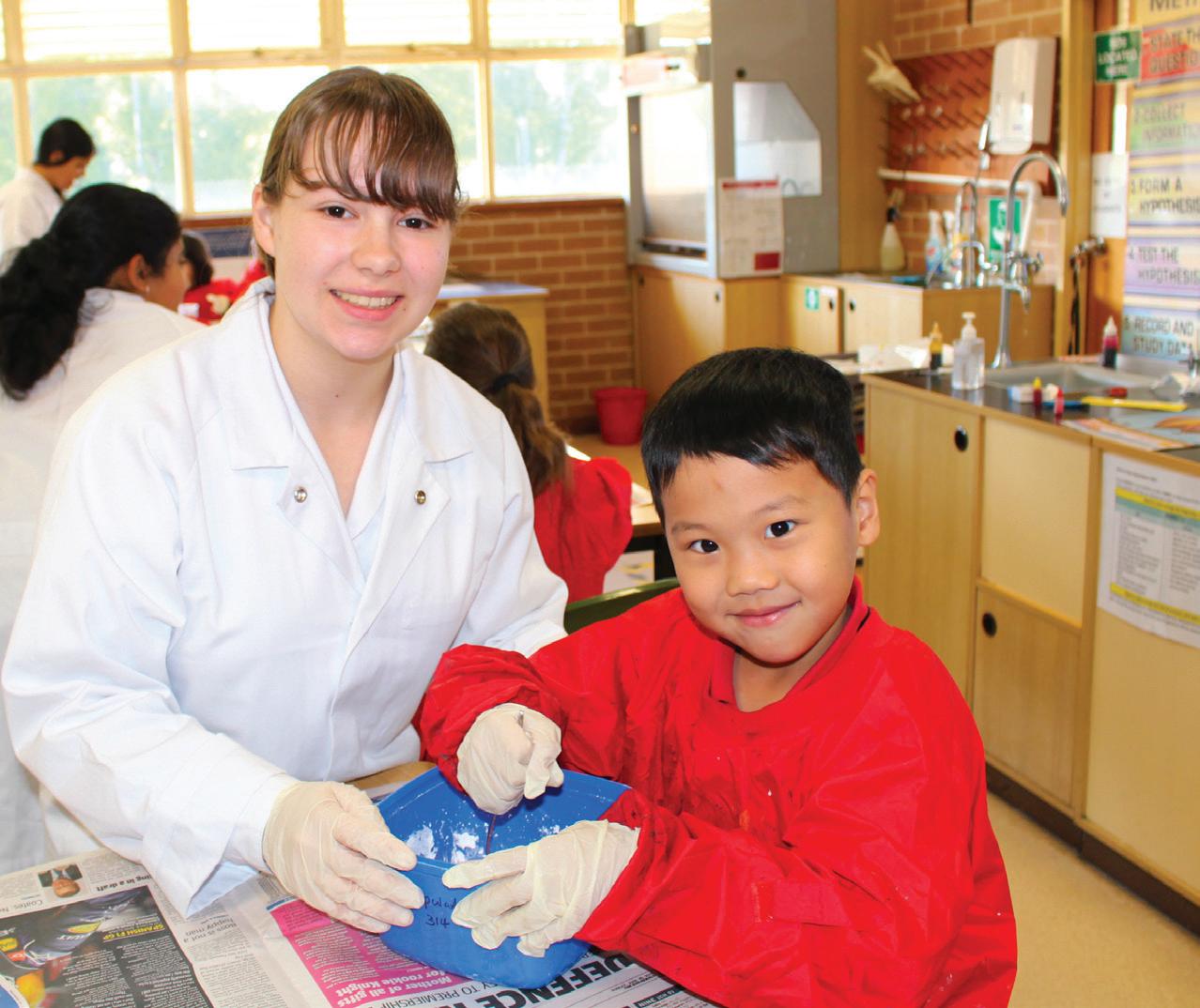
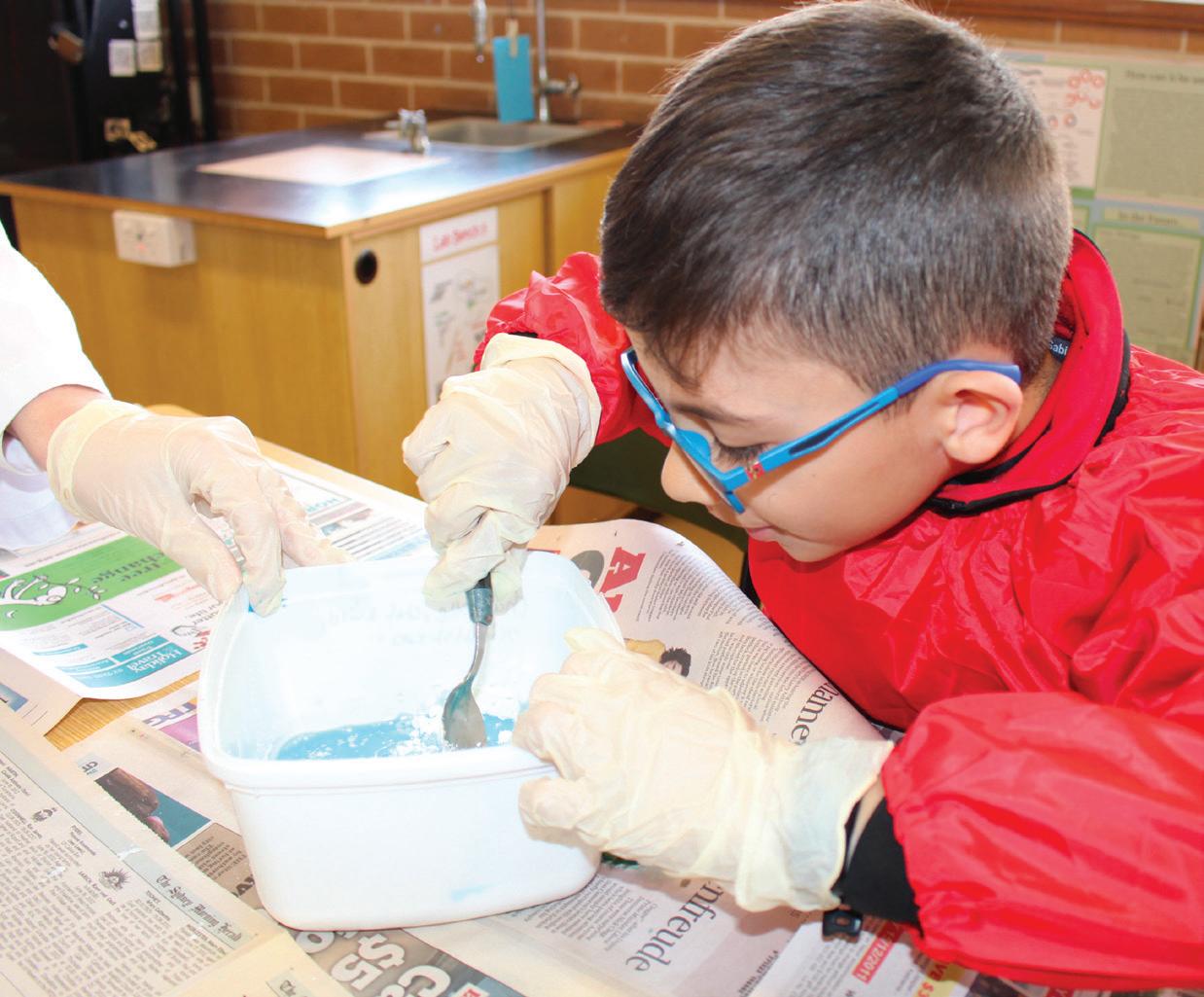
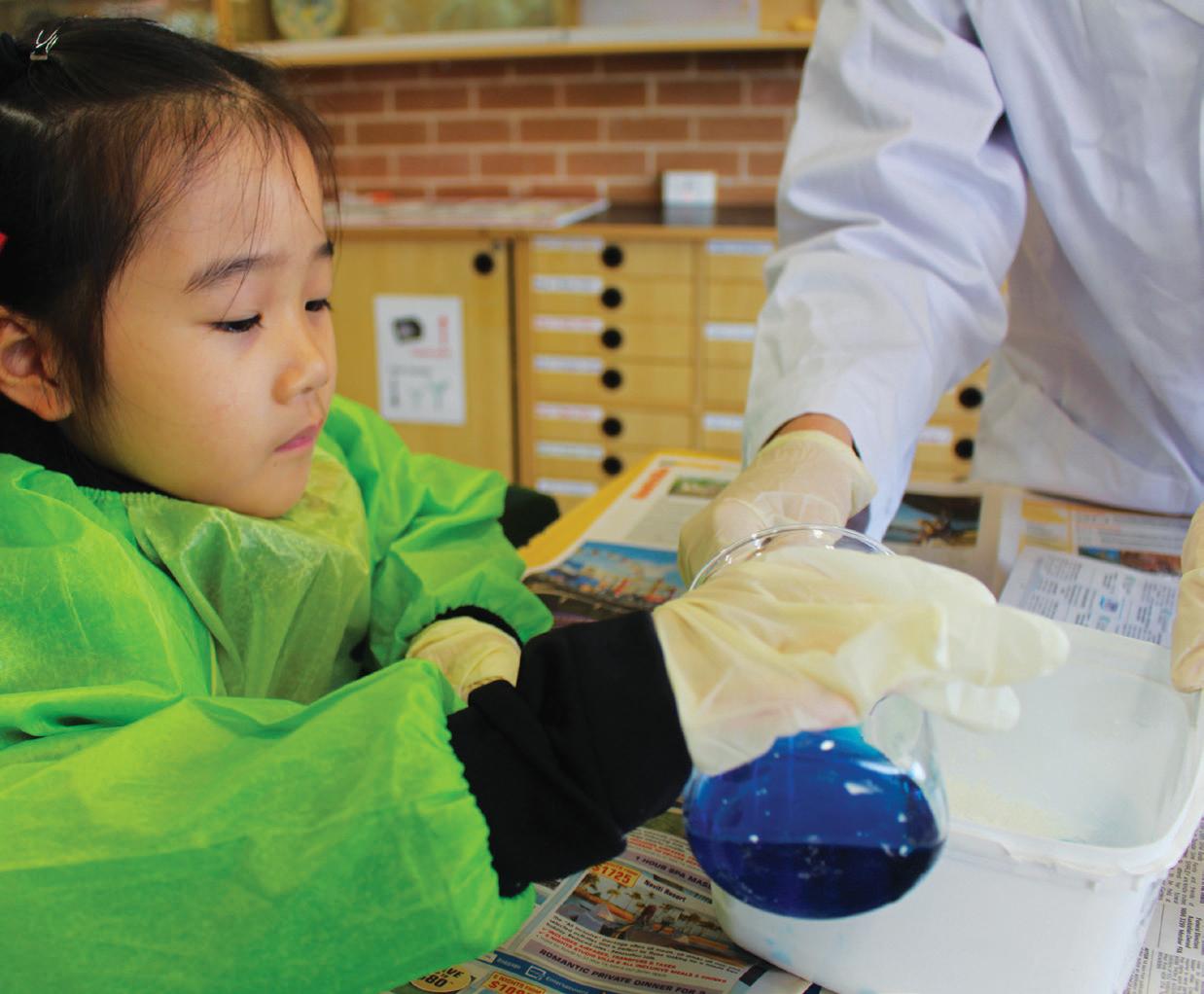
LEARNING how to LEARN
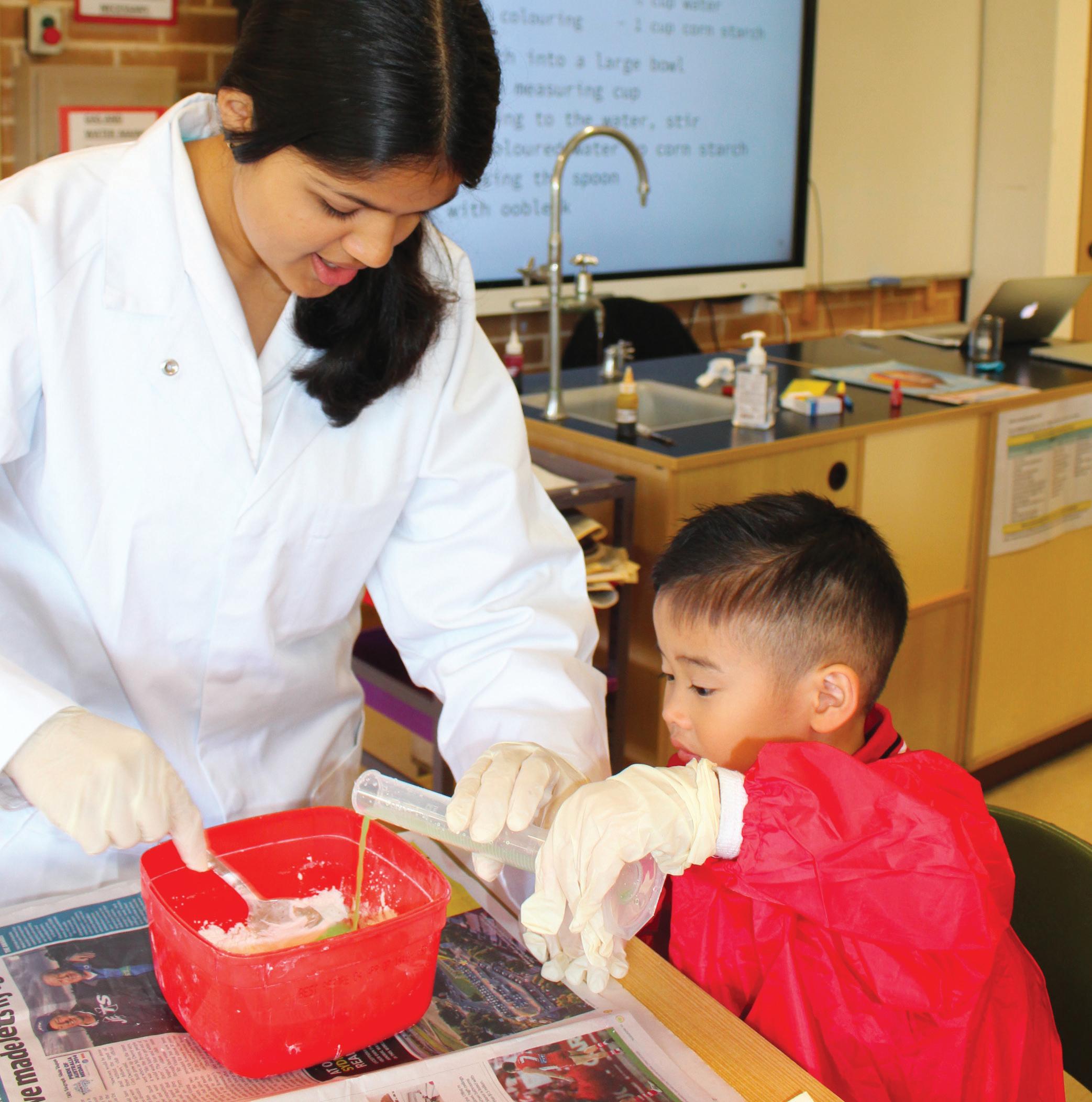
Our approach to teaching from Prep to Year 4 is based on the rigorous International Baccalaureate Primary Years Programme that facilitates the development of skills for lifelong learning. Within that Programme the Approaches to Learning (ATL) complement the learner profile, knowledge, conceptual understanding and inquiry. The five sets of skills are research, thinking, communication, self-management and social skills. The development of these skills is grounded in the belief that learning how to learn is fundamental to a student’s education. The five categories of interrelated skills aim to support students of all ages to become self-regulated learners who know how to ask good questions, set effective goals and pursue their aspirations with determination.
Sub-skills in each of these skill sets are relevant to the developmental stage of the children. A research skill for a Kindergarten student might look like using all senses to observe and notice details. For a Year 4 student this might look like gathering data from primary and secondary sources. Our younger students might draw key ideas while listening to a text while older students use Sketchnoting or other note-taking strategies to record key information. Our older students acknowledge and reference their sources in bibliographies using the Harvard Style. Our younger students work towards this by identifying the title, the author and then the publisher of books that they are sharing.
The ATL have clear connections with the general capabilities of critical and creative thinking, ethical understanding, information and communication technology capability, intercultural understanding, literacy, numeracy, personal and social capability that are identified in our NSW curriculum. The IB provides an additional level of explanation and guidance around the best ways to support students as they develop these skills.
The awesome IB PYP sometimes takes our students to our senior science labs. Even in Kindergarten! In 2021 our Kindergarten students have been learning about the properties of materials and how materials can be used for different purposes depending on their properties.
Focusing on ‘bendy and stretchy’ materials, the Kindergarten children worked with Year 9 students and our Science teachers to make Oobleck. This substance is ‘sticky’, ‘stretchy’ and ‘sometimes hard’. Our students needed to use skills in thinking and communication. The Kindys learned about safe behaviour and working together and they had a lot to say about the experience: Jordan said: ‘This is so cool’! Valentina said: ‘I am having so much fun’! Richard said: ‘This is the best day ever’!
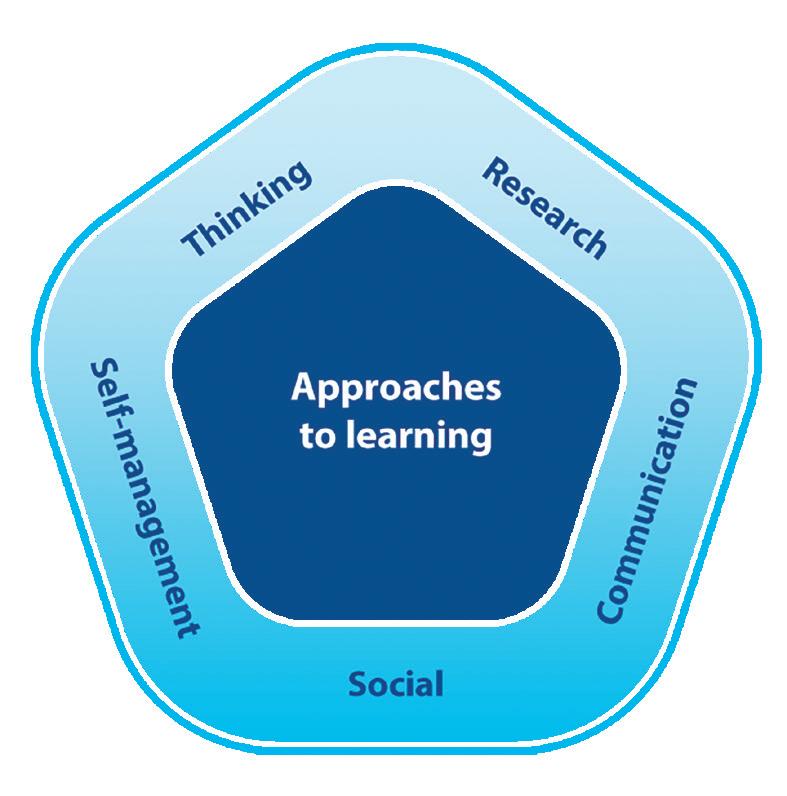
OPPOSITE PAGE AND ABOVE: It is always a joy to see the interaction between our older and younger students – a beneficial and wonderful learning experience for all involved.










